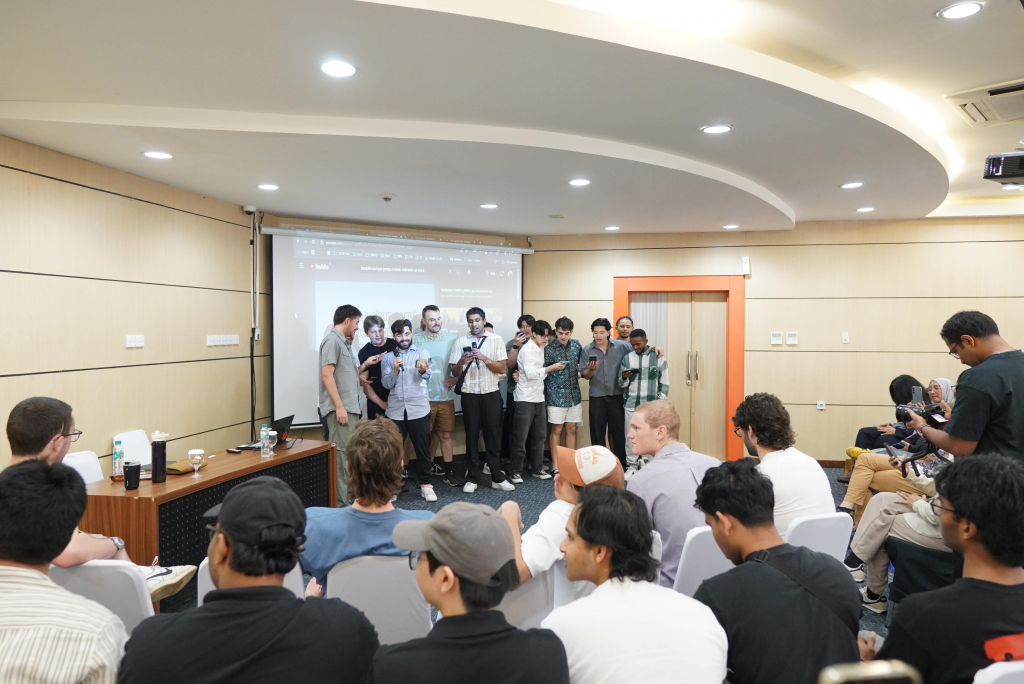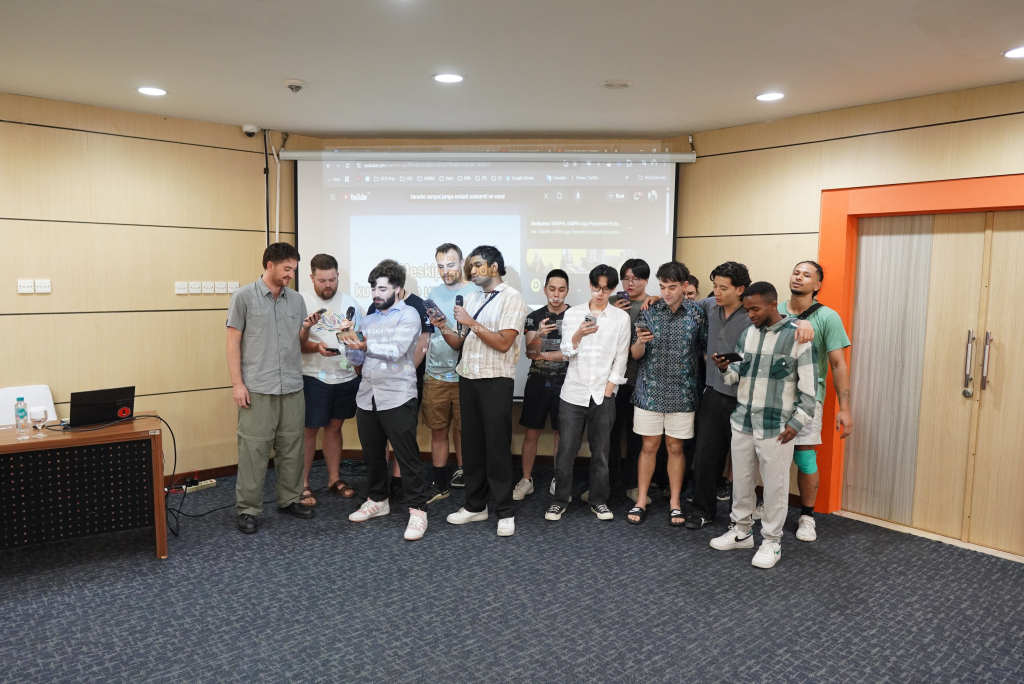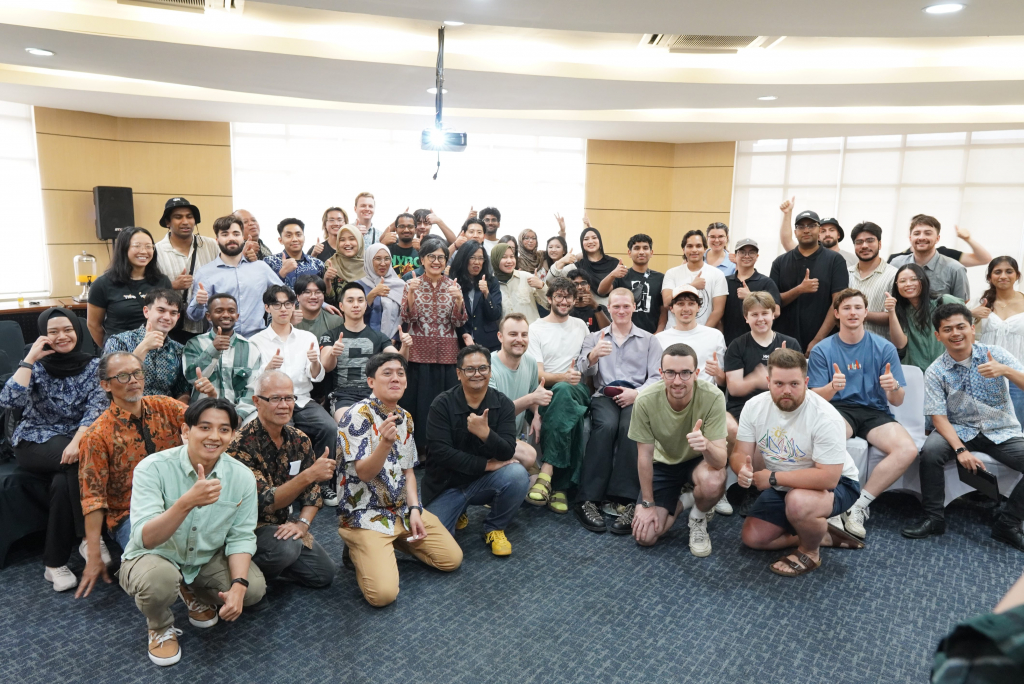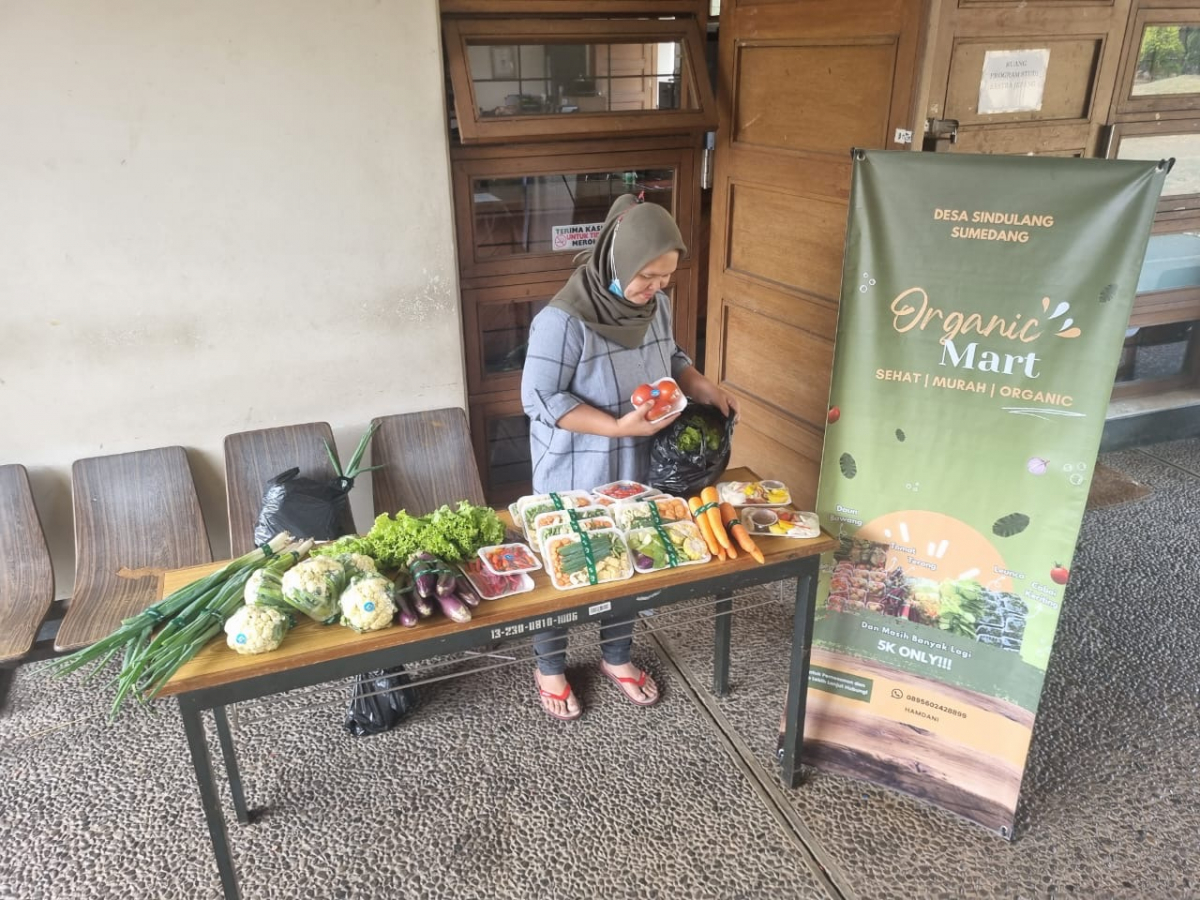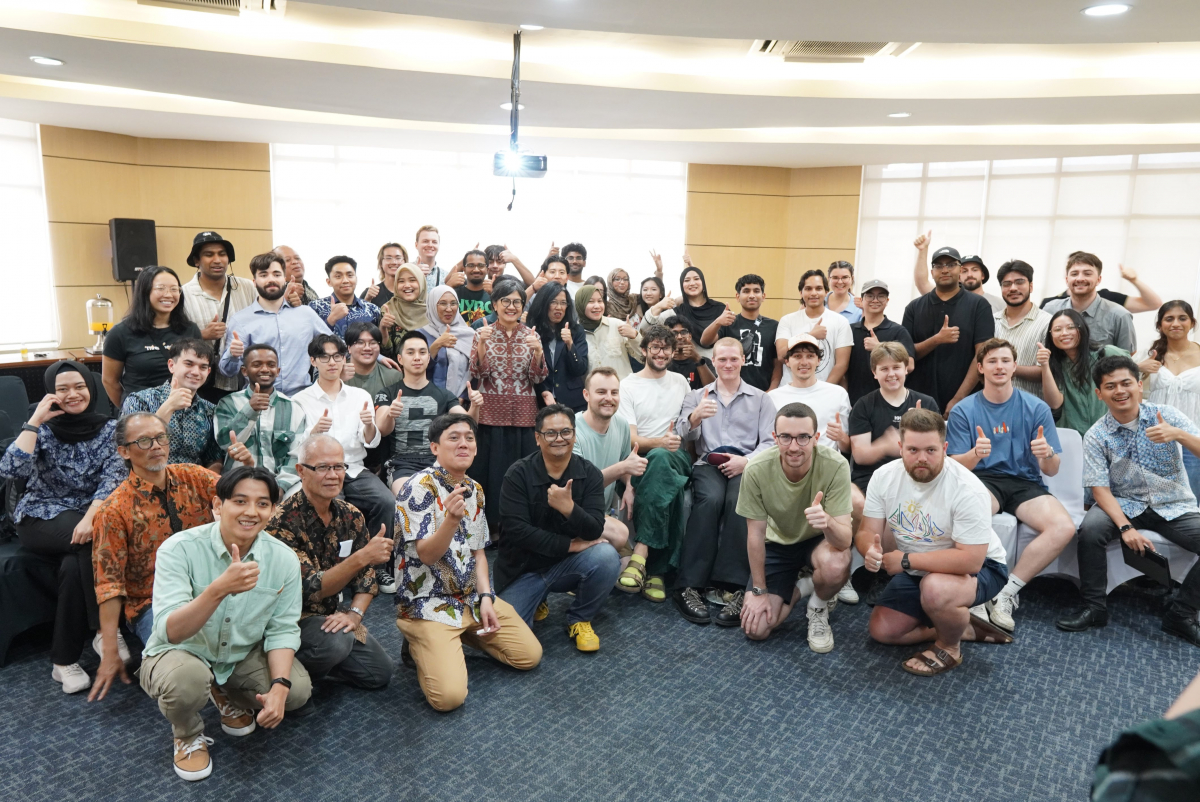
Foreign Languages: An Important Asset for Entering the Career Fields
Foreign languages are often viewed as an additional skill. However, in a world that’s becoming increasingly connected with other countries, this skill is an important way to unlock a greater career path. At the Faculty of Cultural Sciences at Universitas Padjadjaran, foreign language programs are not only designed to teach grammar, writing, or reading literature, but also to equip students with skills that can be directly applied in the workplace.
Students who study foreign languages are guided to understand more than just vocabulary and sentence structure. They are also introduced to the culture, traditions, and ways of thinking of people from other countries. This knowledge trains students to have a more open and adaptive perspective. In the context of the workplace, graduates who are able to communicate across cultures can work in many fields, ranging from tourism and education to international companies.
The tourism sector is one of the most obvious examples. Indonesia, as a country rich in culture and tourist destinations, needs many professionals who can interact with foreign tourists. Graduates of foreign language programs have great opportunities to work as tour guides or in the tourism industry. They can help in the communication process, explain the richness of local culture, and provide a more meaningful experience for tourists. For example, a French literature graduate can guide Francophone tourists at tourist attractions in Indonesia, while a Japanese literature graduate can help Japanese tourists understand Indonesian cultural traditions. This shows that language skills can provide real benefits, both for students themselves and for society.
However, job opportunities for foreign language graduates are not limited to tourism. Many of them work in the field of education as teachers or lecturers, become professional translators, or work as staff at international institutions. There are also opportunities to work in the creative industry, such as creating digital content or cultural products that reach a global audience. With their language skills, cultural insight, and communication skills, foreign language graduates can choose various career paths that suit their interests and potential.
The learning process in foreign language study programs also plays a significant role in building students’ personalities. They are used to thinking critically when analyzing texts, adapting when dealing with different cultures, and communicating in a more structured way. All of these skills are not only useful for exams or college assignments, but also become part of the skills they bring with them when they enter the working world.
The foreign language study program at FIB also taught that learning a language means learning about connectivity. Language does not stand alone, but is always related to identity, history, and cultural values. By understanding this, students are trained to be more sensitive to global issues while also appreciating diversity. This attitude is important so that they can contribute in work environments with different cultures.
After all, foreign language program graduates have an advantage. They are not only job seekers, but also have the potential to create new opportunities. Some open translation services, some build culture-based businesses, and others collaborate with communities to develop tourism products. It is from these simple things that real contributions to society and economic growth emerge.
Not only in the classroom but also in the professional world, foreign languages open up many possibilities. The foreign language study program at FIB Unpad proves that language education does not stop at theory, but also produces graduates who are ready to work, support tourism, strengthen international relations, and enhance the lives of the community.
Red. Aliyah Zahra Saffanah
